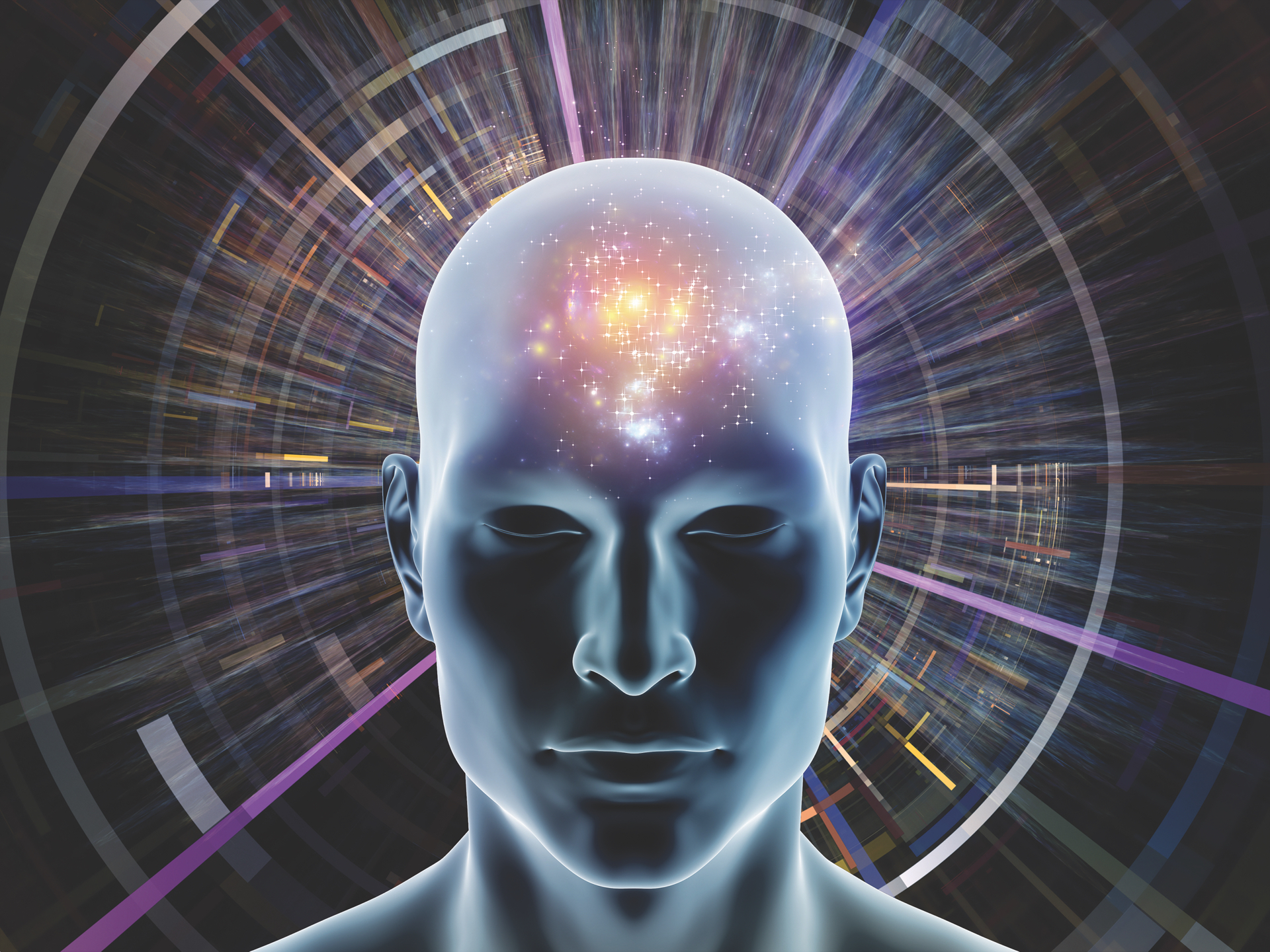William Wetsel gives psychedelic drugs and other chemicals to mice because he’s trying to solve the enormous human problems of anxiety, depression and addiction.
“The task that we have is to try to develop drugs that will have long-lasting antidepressant, anxiolytic [anti-anxiety] and anti-drug-abuse effects,” he says. Wetsel is associate professor in psychiatry and behavioral sciences and director of the Mouse Behavioral and Neuroendocrine Analysis Core Facility at Duke.

“Probably 60 percent or more of the population is going to experience depression in their lifetime.”
– William Wetsel
Unlike the effects of many current selective serotonin reuptake inhibitor (SSRI) antidepressants, the effects of psychedelics last a long while. This makes them potential candidates for long-term treatment of depression and anxiety, and perhaps post-traumatic stress disorder (PTSD). They also appear to help with the effects of withdrawal from addictive substances such as alcohol, opiates and opioids.
Wetsel and his partners throughout the United States are hunting for something like a miracle drug. Nobody’s promising they are close yet, but chemical tests in mice yield hopeful signs.
A little background: After decades during which research with psychedelics was banned, scientists have recently been investigating their use to treat anxiety and depression, though their psychedelic effects require intensive medical observation of human subjects. Using genetically modified mice, Wetsel and his colleagues are developing chemicals that may be able to stimulate serotonin receptors without producing hallucinations. In both people and mice, the hallucinogenic effects of psychedelics are produced through activation of the serotonin 2A receptor of the brain. In the lab, mice respond to hallucinogenic substances with a characteristic head twitch. If researchers try a chemical and get no head twitch, they may be on the right track.

Wetsel is working with chemicals similar to psychedelics such as LSD and psilocin (the psychoactive ingredient the body metabolizes from mushrooms), to get them to deliver no hallucinogenic experience but help with the targeted problem. His group and colleagues published a recent paper showing that, in tests, their compound delivered antidepressant and anti-anxiety action more quickly than ketamine or psilocin and lasted far longer. And no head twitch, “so it did not appear to be hallucinogenic.”
Although Wetsel works with mice, he says, “given that psychedelics have already been shown to have effects in humans, it follows that these effects may translate directly to humans.” A lot of humans, Wetsel notes: “Probably 60 percent or more of the population is going to experience depression in their lifetime.”
There is a long way to go, but Wetsel, his colleagues and an army of mice are on it.
